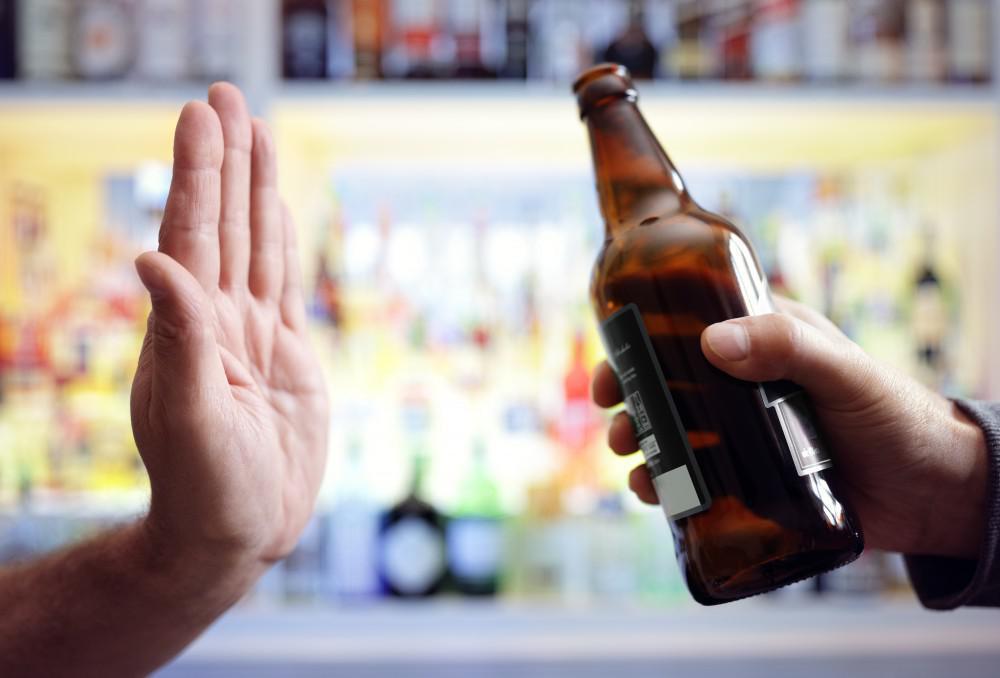
5 Tips for Staying Sober
You’ve done the work to become clean and sober, and you want to do what you can to stay that way. Here are five great tips that will help you safeguard your freedom from a substance use disorder.

While marijuana is often seen as harmless, it can trigger serious mental health issues for some people, including psychosis. Psychosis is a condition where someone loses touch with reality, experiencing things like hallucinations, delusions, and confused thinking. In this post, we’ll explore how marijuana can lead to psychosis who’s most at risk, and what to do if it happens.
Psychosis can make someone feel disconnected from reality. Some common symptoms include:
Marijuana contains THC, which can affect the brain. At high doses or with frequent use, it may trigger psychosis, especially for people with certain risk factors. If you or a loved one is experiencing discomfort or adverse effects from Cannabis, know that you’re not alone. At Northview Wellness Center, we specialize in helping individuals understand and overcome habits that are no longer helpful. Our compassionate team provides personalized treatment plans to help you regain control and build healthier coping strategies. Contact us today and take the first step toward a healthier future.
If marijuana triggers psychosis, common signs include:
These symptoms can last from hours to days, depending on the person.
Not everyone who uses marijuana will experience psychosis, but certain people are more at risk:
If someone experiences psychosis after using marijuana, it’s important to seek help right away. Treatment usually involves:
The best way to avoid marijuana-induced psychosis is to not use marijuana, especially for those at higher risk. If you struggle with marijuana use, getting help from a professional is key.
Marijuana can cause psychosis in some people, especially with frequent use or if there’s a family history of mental illness. If psychosis occurs, it’s important to seek medical help and stop using marijuana. Understanding the risks can help people make informed choices about marijuana use and protect their mental health. At Northview Wellness, we’re here to help. Contact us if you or a loved one would like to learn more or need help to address marijuana use.

You’ve done the work to become clean and sober, and you want to do what you can to stay that way. Here are five great tips that will help you safeguard your freedom from a substance use disorder.

The connection between a substance use disorder and a mental health issue is a strong one, as the nearly eight million Americans who have a co-morbidity prove. When this occurs, treating both issues is paramount.

Addiction is a chronic disease that requires constant vigilance and good management. When a person falls short, relapse can occur. If you’re worried that a loved one has relapsed, here are some signs to look out for.

You believe that you’re drinking isn’t normal anymore, and you’re tired of the overwhelmingly negative effects that alcohol is having on your life. The good news is that alcoholism is highly treatable.

The rise in availability of telehealth services has been great news for those who need (or would prefer) to receive quality health care from the comfort of their own homes. These services also extend to substance use disorders.

Marijuana may be legal, but like with alcohol, how you use this legal substance makes a difference. If you develop a use disorder, marijuana can be quite harmful and affect a number of areas of your life.